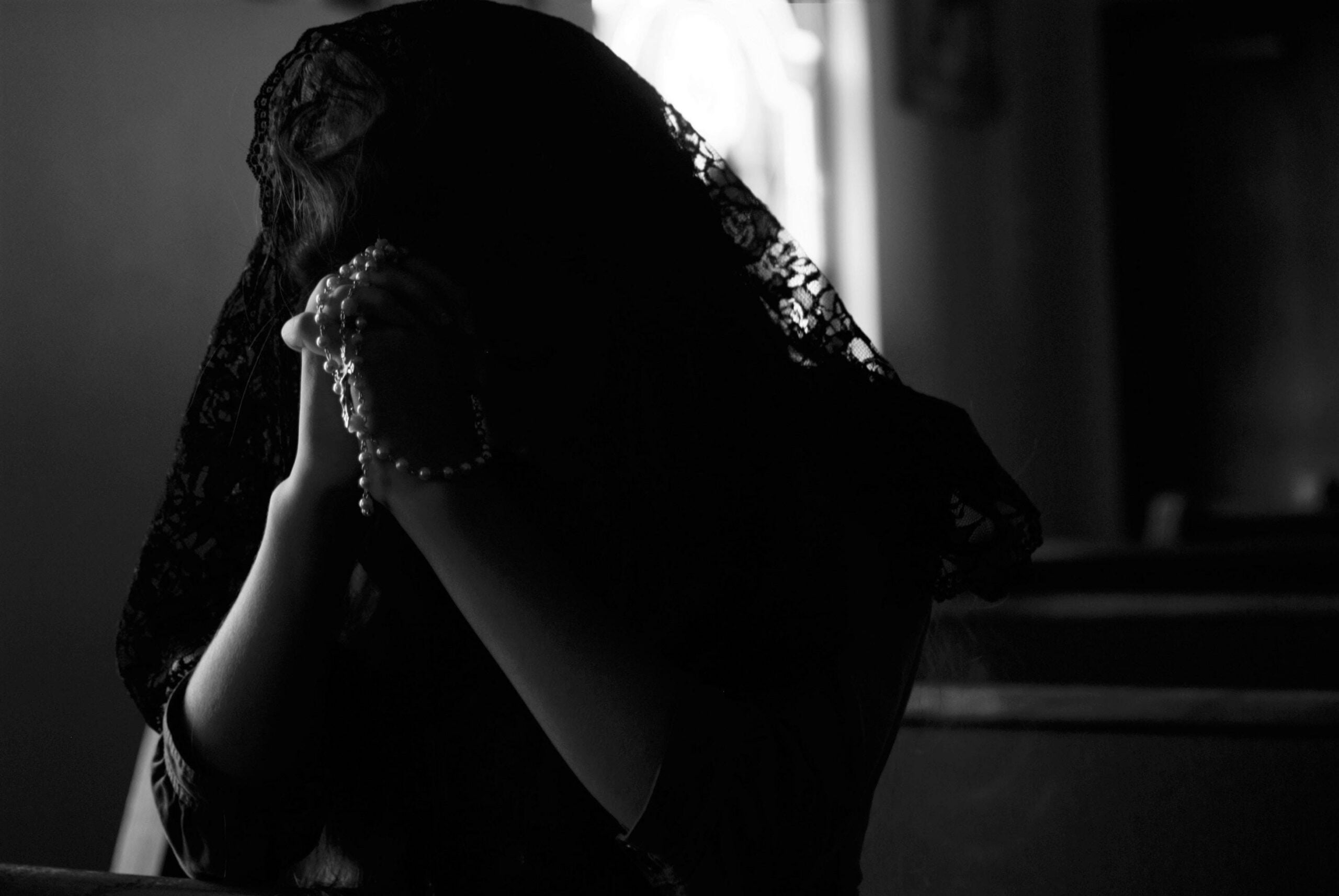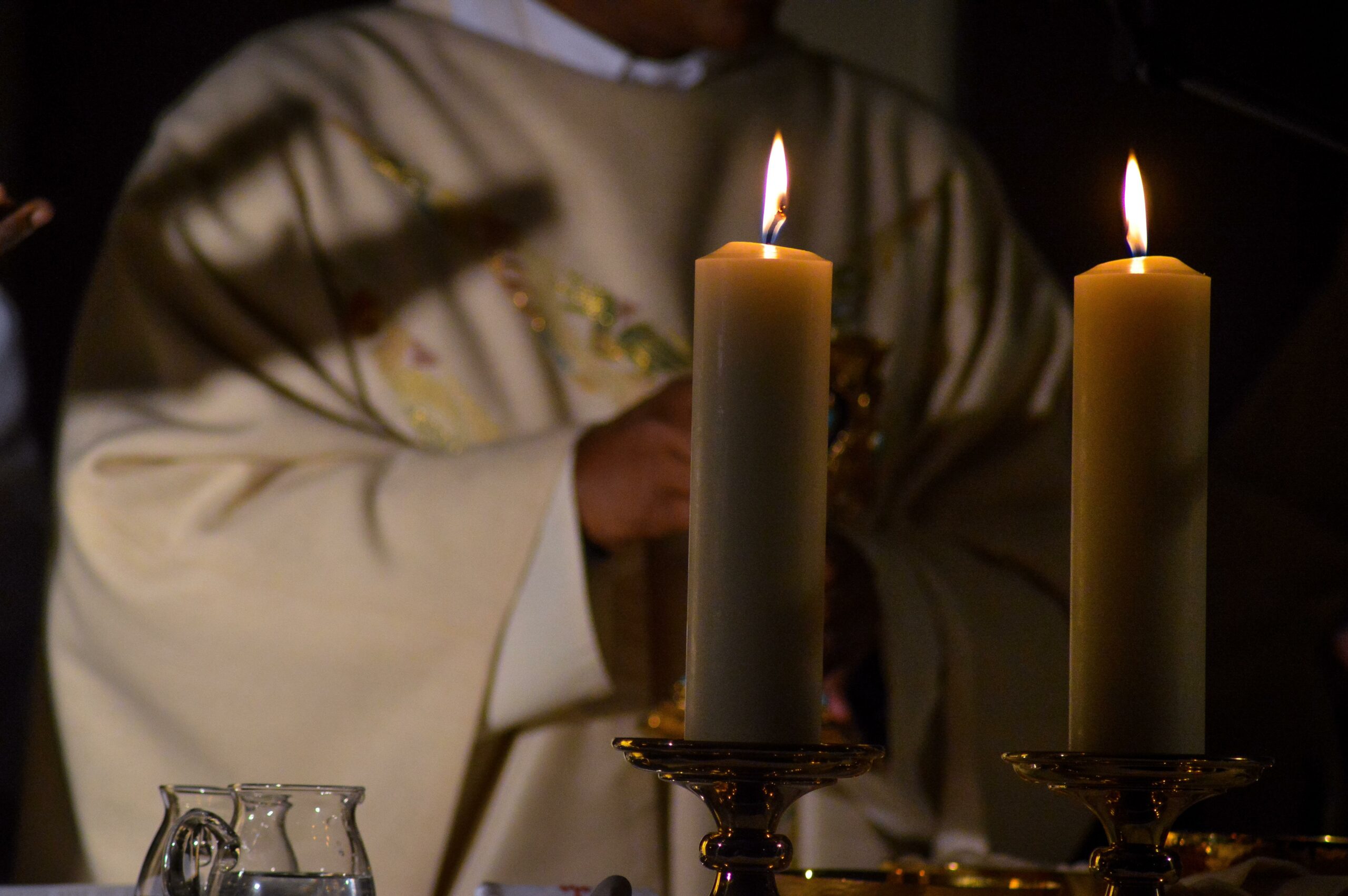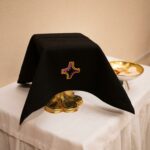Are you ready to delve into the depths of the sacred sacrament that lies at the heart of Catholicism? In this article, we will embark on a journey to uncover fascinating facts about the Eucharist in the Catholic Church. As an experienced Catholic theologian with a deep passion for unraveling the intricacies of this ancient tradition, I will guide you through the historical and biblical evidence surrounding this profound sacrament. Be prepared to be captivated by the awe-inspiring significance and practices that encompass the Eucharist. Whether you are a devoted Catholic or simply curious about this divine mystery, prepare to have your mind opened and your spirit enriched as we unveil the truth behind the Eucharist in Catholicism.

Facts About the Eucharist in the Catholic Church
Throughout the centuries, the Catholic Church has held the Eucharist as a central and profound sacrament, rich in historical significance and spiritual depth. In this article, we will explore some fascinating facts about the Eucharist in the Catholic Church.
The True Presence of Jesus Christ
One of the most fundamental beliefs of the Catholic Church is the belief in the true presence of Jesus Christ in the Eucharist. Through a process called transubstantiation, the bread and wine offered during Mass are believed to become the body and blood of Jesus. This transformation is not symbolic but a mystical and sacred reality.
“In the Eucharist, Jesus is truly present – body, blood, soul, and divinity.”
The Eucharist as Thanksgiving
The term “Eucharist” comes from the Greek word eucharistia, which means thanksgiving. The Eucharist is an act of profound gratitude and giving thanks to God for the gift of Jesus Christ and his sacrifice on the cross. It is a sacrament that invites the faithful to enter into a deep sense of gratitude and appreciation for God’s love and mercy.
“The Eucharist is a beautiful expression of thanks and gratitude towards God for his boundless love.”
Unity With Christ and Sin-Cleansing
Receiving Jesus in the Eucharist brings about a profound union between the believer and Christ. By partaking in the Eucharist, the faithful are drawn closer to Christ and experience a deep spiritual communion with him. Furthermore, the reception of the Eucharist has the power to cleanse venial sins and strengthens the soul against future sin.
“Through the Eucharist, we are united with Christ and find forgiveness and strength to live a holy life.”
The Source and Summit of Christian Life
The Catholic Church considers the Eucharist as the source and summit of the Christian life. It is in the Eucharist that the faithful encounter Jesus Christ in an intimate and transformative way. The Eucharist nourishes and sustains the spiritual life of the believer, providing them with the grace and strength needed to live as disciples of Christ in the world.
“The Eucharist is the heart of our Christian existence, where we receive the grace and sustenance to live out our faith.”
As we conclude this exploration of the Eucharist in the Catholic Church, let us remember the profound significance and practices associated with this sacred sacrament. The belief in the true presence of Jesus Christ, the act of thanksgiving, the unity with Christ, and the recognition of the Eucharist as the source and summit of Christian life all contribute to the richness and depth of Catholic Eucharistic theology.
“The Eucharist is not just a ritual; it is an encounter with the living God, a banquet of love that nourishes our souls.”
For further information on the Eucharist in the Catholic Church, you may explore reliable sources such as ecatholicteachings.com, usccb.org, kids.kiddle.co, aleteia.org, and catholic.com. These sources provide valuable insights into the history, traditions, and theological teachings surrounding the Eucharist.
Remember, the Eucharist is a gift that invites us into a profound and life-giving encounter with Jesus Christ. May we approach this sacrament with reverence, gratitude, and a deep desire to grow in our relationship with the Son of God.
The Eucharist, also known as Holy Communion or the Lord’s Supper, holds a deep significance in Christian faith. If you’re curious to learn more about this sacred sacrament and explore some intriguing facts about the Eucharist, click here: facts about the eucharist.
Facts about the Eucharist in the Catholic Church reveal its profound historical, religious, and theological significance. Delving into the intricacies of this sacred practice can transport one into a realm of spiritual enlightenment. The historical significance of the Eucharist in the Catholic Church invites exploration into the origins and development of this ritual, shedding light on the transformative power it has held across generations. Discovering the religious significance of the Eucharist offers a glimpse into the deep devotion and reverence it inspires among the faithful, uniting them in communion with God. Additionally, exploring theological perspectives on the Eucharist presents a captivating journey into the diverse interpretations and understandings of this sacrament, stimulating intellectual curiosity and inviting contemplation. Embark on this enlightening odyssey by clicking on the following links:
historical significance of the Eucharist in the Catholic Church
religious significance of the Eucharist in the Catholic Church
theological perspectives on the Eucharist in the Catholic Church
FAQ
Question 1: What is the Eucharist in the Catholic Church?
Answer: The Eucharist is a sacrament in the Catholic Church reserved for those in full communion. It is derived from the Greek word eucharistia, meaning thanksgiving. According to Catholic belief, during the Mass, the bread and wine offered are transformed into the actual body and blood of Jesus Christ through transubstantiation.
Question 2: What is the significance of the Eucharist in Catholicism?
Answer: The Eucharist holds deep significance in Catholicism as it is believed to be the true presence of Jesus Christ, the Son of God. Through the reception of the Eucharist, Catholics unite with Christ and receive spiritual nourishment. It is considered the source and summit of the Christian life, bringing believers closer to God and strengthening their faith.
Question 3: Who can receive the Eucharist in the Catholic Church?
Answer: The Eucharist can be received by those who are in full communion with the Catholic Church. This includes baptized Catholics who are not in a state of mortal sin. It is not accessible to those who are unbaptized or are in a state of mortal sin until they have fulfilled the necessary requirements for reconciliation and repentance.
Question 4: Does reception of the Eucharist forgive sins in the Catholic Church?
Answer: Reception of the Eucharist in the Catholic Church can help to destroy venial sins, which are less serious offenses against God. However, for the forgiveness of mortal sins, the Sacrament of Reconciliation (Confession) is required. The Eucharist acts as spiritual nourishment and strengthens believers in their journey towards holiness.
Question 5: Where can I find more information about the Eucharist in the Catholic Church?
Answer: For more information on the Eucharist in the Catholic Church, you can explore reputable sources such as ecatholicteachings.com, usccb.org, kids.kiddle.co, aleteia.org, and catholic.com. These sources provide detailed insights into the historical, biblical, and theological aspects of the Eucharist, offering a comprehensive understanding of this sacred sacrament.
“`json
“`












